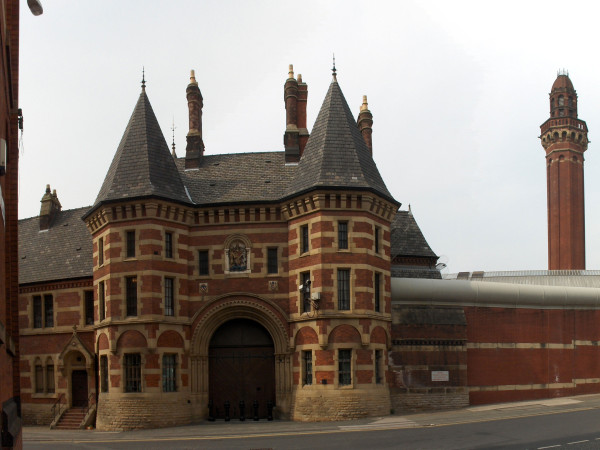Feb

Thirty years of failure in prison reform since Strangeways
This is the third of five webinars, marking the 1990 Strangeways prisons protest and the official report on the protest, published in February 1991.
This webinar discusses the failed attempts at prison reform in the thirty years since the Strangeways protest.
Watch this webinar
About the webinar series
The 25-day protest in April 1990 at Strangeways prison in Manchester was the longest prison protest in British history. A report into the protests by Lord Justice Woolf, published the following year in February 1991, laid bare some of the dysfunctions of the prison system that gave rise to the protests. Welcomed by some, others considered it a missed opportunity.
Thirty years on, the dysfunctions and problems of the prison system that gave rise to the Strangeways protest are as pressing as ever. Indeed some would argue they are worse. Many prisons across Britain appear locked in a terminal spiral of decline and decay.
In five webinars over five days, we:
- Discuss the background to the Strangeways protest.
- Recount what happened in those 25 days in April 1990 and the immediate consequences.
- Review the failed attempts to reform the prison system, and address systemic injustices in prisons, since the Strangeways protest.
- Take a long view on 200 hundred years of failure in prisons and consider a future in which prisons are no longer a mainstay of our response to crime.
About this webinar
This third webinar in the series discusses why prison reform efforts in the thirty years since the Strangeways protest have been more characterised by failure than success.
Speakers
- Diane Curry, Chief Executive of Partners of Prisoners, a support group for prisoners’ families that played an active role supporting families during and in the aftermath of the Strangeways protest
- Alan White, Editor-in-Chief of PoliticsHome and author of Shadow State: Inside the Secret Companies that Run Britain
- Khatuna Tsintsadze, Co-Director, Zahid Mubarek Trust, an independent national charity founded by the family of 19-year-old Zahid Mubarek who was murdered by his racist cellmate on the morning of his release from Feltham Young Offender Institution
- Kate Paradine, Chief Executive of Women in Prison, a national charity that delivers support for women affected by the criminal justice system in prisons, in the community and through its Women's Centres
- Richard Garside, Director of the Centre for Crime and Justice Studies
- David Scott, Senior Lecturer in Criminology at The Open University (chair)
About the other webinars in this series
- Monday, 22 February: Prisons before the Strangeways protest
- Tuesday, 23 February: The Strangeways protest and aftermath
- Thursday, 25 February: Thirty years of failure in tackling prison injustices since Strangeways
- Friday, 26 February: Beyond prison reform towards a future without prisons